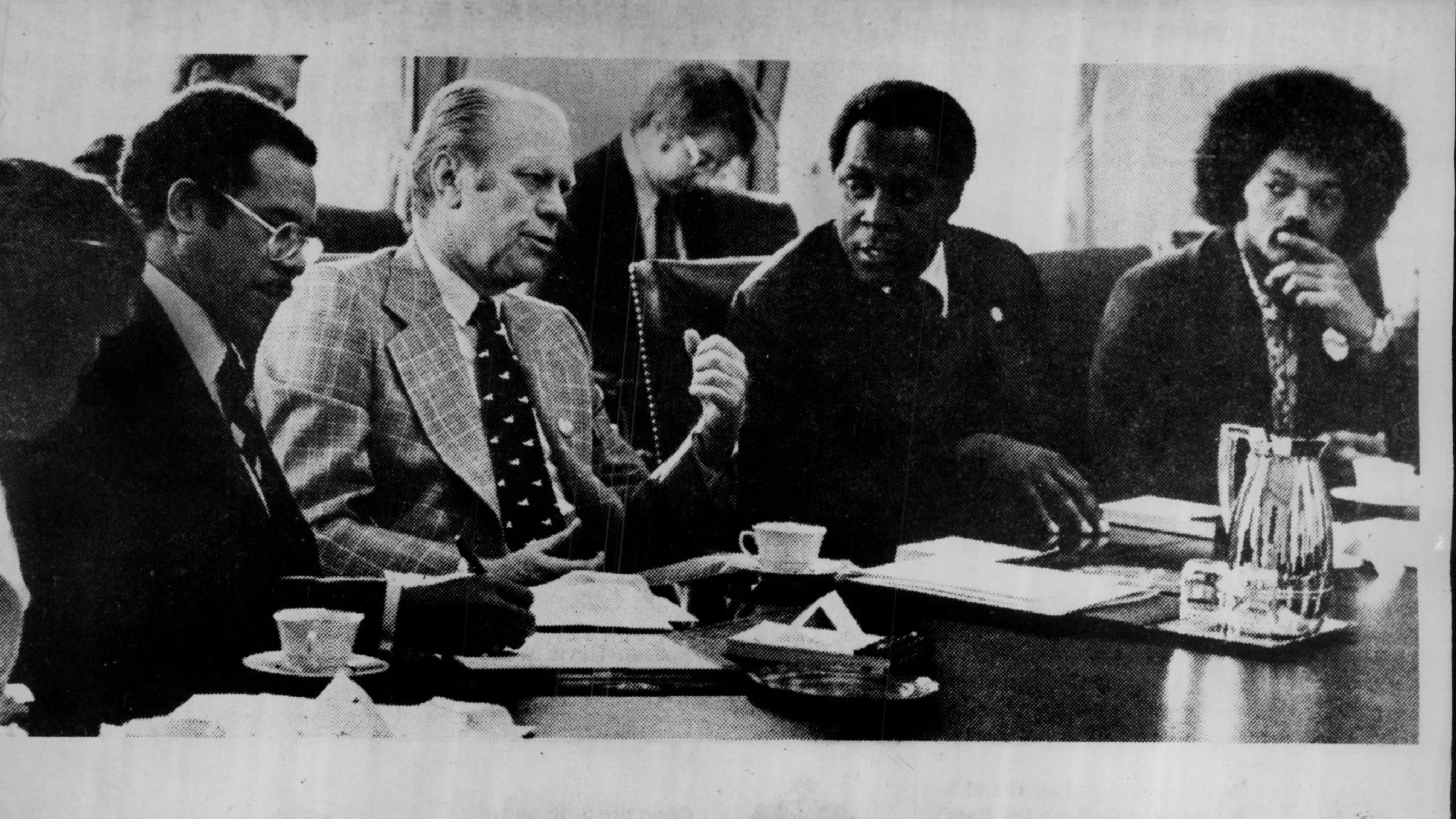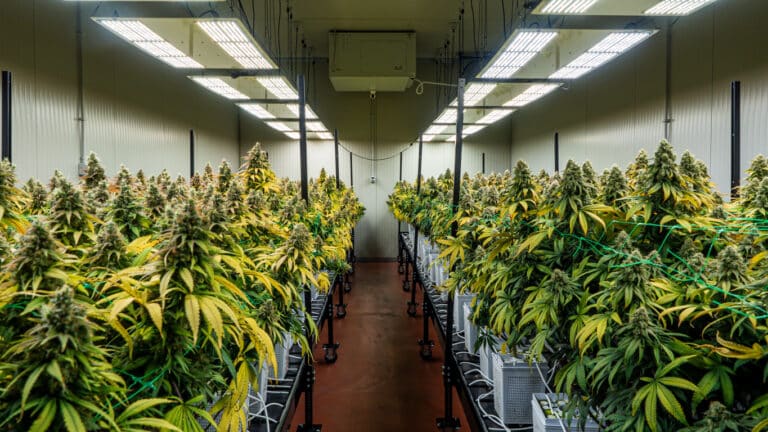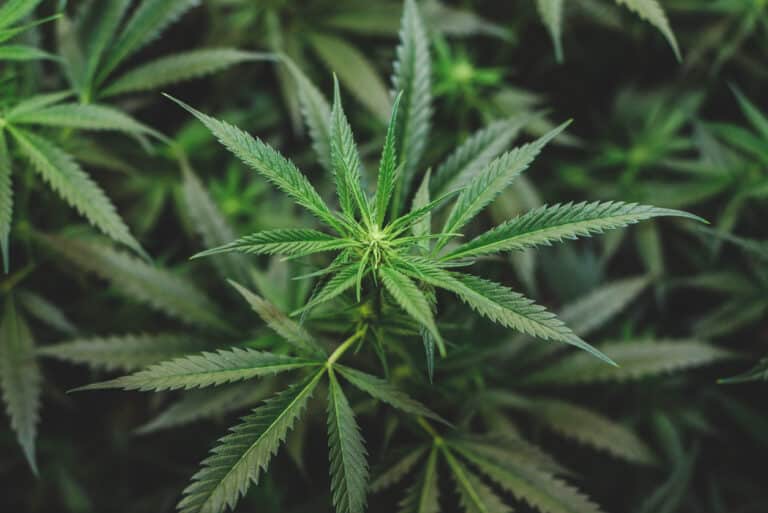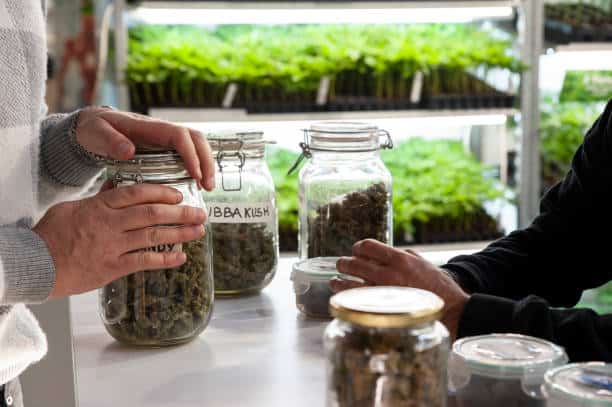BHM – Cultivating Social Equity in the Cannabis Industry

Posted on February 11th, 2021 to Education by cannaplanners
February 11, 2021
Written by Allison Lotzkar
How did it all begin?
February is Black History Month! An annual celebration of black achievements and a recognition of their central role in our nation’s history. The roots of Black History Month trace all the way back to over a century ago, when historian Carter G .Woodson and a minister named Jesse E. Moorland founded the Association for the Study of Negro Life and History (ASNLH). Their organization’s primary goal was to research and promote the achievements of Black Americans. In 1926, the group sponsored a Black History Week, choosing the second week of February to coincide with the birthdays of Abraham Lincoln and Frederick Douglass. By the 1960’s, thanks in part to the Civil Rights Movement, many college campuses were recognizing the entire month of February as Black History Month. In 1976, President Gerald Ford officially recognized a nationwide Black History Month, encouraging his fellow Americans to “seize the opportunity to honor the too-often neglected accomplishments of Black Americans in every area of endeavor throughout our history.”
The Cannabis Industry’s Role
While recognizing and celebrating Black History one month out of the year was an honorable first step for the 1970’s, it is certainly not enough through 2021 eyes. In the cannabis industry, we are uniquely situated to make real change for the black, indigenous and people of color (BIPOC) in our communities. The War on Drugs of the 70’s and 80’s ripped black families apart and put fathers and mothers in federal prison— some of whom are still behind bars today. As cannabis regulations have loosened, and legalization has begun to spread from state to state, what are we doing to repair the damage done to these families? To these lives wasted behind bars? The cannabis industry is a multi-billion dollar industry and the very thing we profit from is the same substance still holding human lives wrongfully behind bars. While we are far from perfect, Massachusetts has strived to offer equity in the cannabis industry to those who have been disproportionately impacted by the war on drugs.

Source: mass-cannabis-control.com/equityprograms/
Massachusetts— a long way to go, but a leader in social equity through the Cannabis Industry
In 2016, Massachusetts voters agreed to legalize cannabis statewide. In 2018, the Massachusetts Cannabis Control Commission implemented the Social Equity Program to encourage and enable people from communities that have previously been disproportionately harmed by cannabis legislation to participate and succeed in the legal recreational cannabis industry. The program offers training, technical assistance, priority application status, and reduced fees to participants. Despite all of these well-intentioned efforts, it has not exactly gone the way it was intended. As of today, only 10 of the nearly 300 cannabis business licenses awarded have gone to Economic Empowerment or Social Equity Applicants. Why is this? It certainly reflects the continued institutionalized racism in our country and the generational poverty trap that minority families have been forced into. Good intentions aside, we clearly have lots of work to do as an industry, as a state and as a nation to ensure equity throughout the cannabis industry.

Plymouth Armor Group’s Promise
Plymouth Armor Group has developed a diversity plan as a crucial part of our company’s business plan. The purpose of this plan is to uphold the company’s and state of Massachusetts’s commitment to diversity, equity, and inclusion within the cannabis industry. This plan has become part of our training process for all employees and is deeply ingrained into our core values as an essential business in the cannabis industry. Some highlights from the plan include: maintaining a company employment ratio with a minimum of 25% women, 25% BIPOC, 25% veterans and at least 5% LGBTQ+ community members. PAG has also vowed to target areas in Massachusetts that have been disproportionately impacted by the war on drugs, pre-legalization. We make it clear in our job listings that we are actively seeking people from these demographics, as well as people who have a prior cannabis conviction or are the direct relative of someone who has. Plymouth Armor Group promises to always strive for diversity and to use our voice to promote and uplift those in our small cannabis community in a way that ensures equity for those who have been denied it too long.

We’d like to close this blog post out by giving a shout out to one of our incredible clients, Pure Oasis, who is one of the ten black-owned cannabis businesses in the state. Check them out at their shop in Boston, or online at www.mypureoasis.com
Copyright © 2024 Plymouth Armor Group |
Site by CannaPlanners


